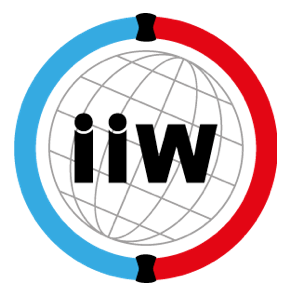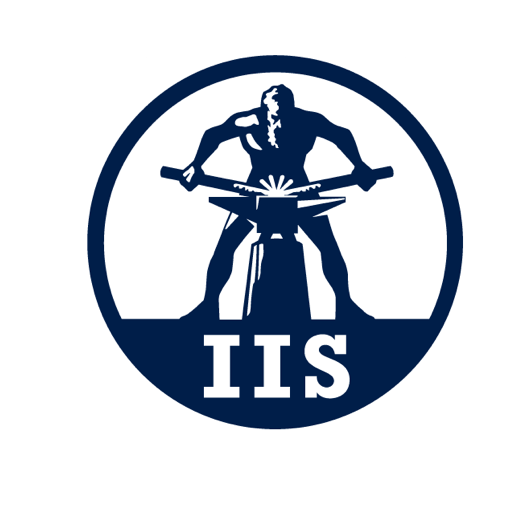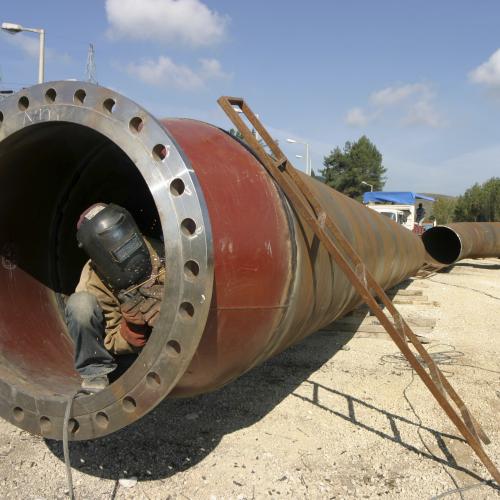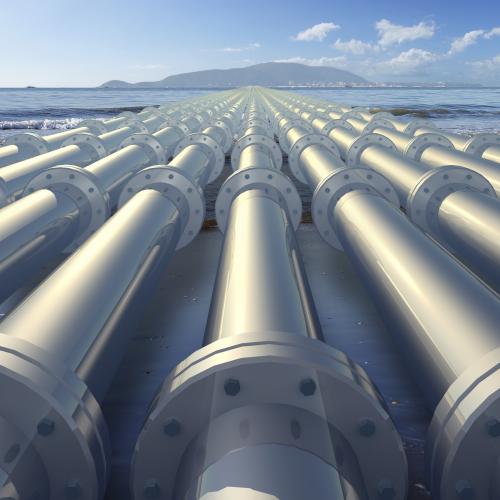The Fitness For Service (FFS) assessments are the pride of engineering services of IIS SERVICE.
The IIS Group has taken on over the years, countless cases of FFS assessment in the sectors of the Oil & Gas, for pressure components and piping, in infrastructure and other steel structures. The multidisciplinary evaluations anyway involve material engineering expertise, fracture mechanics, thermal structural simulation analysis, skills in welding and non-destructive testing, skills in operational behavior of components and, of course, expertise in the field of design.
The presence of all the required skills within our Group allow us to address the various problems through a comprehensive approach.
The design and fabrication codes and standards for components and structures provide rules and regulations for the design, manufacture, inspection and testing of new components. These codes typically do not provide evaluation procedures aimed to verify and judge the acceptability of damage induced by the operating or manufacturing anomalies that can be detected during subsequent inspections.
The main contexts in which the FFS techniques are required, are the stability analysis of defects, verification of fitness for purpose of components in which there are structural and morphological anomalies due to the service or to manufacturing, and in case where the fabrication procedures required by the reference codes have not been fulfilled.
The IIS Group, supplied with the latest calculation tools to address this type of analysis of high scientific content, systematically is inspired to the most consolidated international regulatory references.
Fitness For Service assessments, according to API 579-1/ASME FFS-1
Fitness For Service assessments, according to BS 7910, by means of the Crackwise software (TWI)
Engineering Critical Assessment (ECA), according to BS 7910, by means of the Crackwise software (TWI)
Engineering Critical Assessment (ECA), according to API 1104
Engineering Critical Assessment (ECA) according to API 579-1 o ASME B&PV Code, Sec. VIII, Div. 3
These assessments are used to support the decision making of "run-repair-replace" for in-service components, but also to assess the suitability of the service for new components, in order to evaluate the risk of brittle fracture and fatigue.
In the case of structural anomalies, adequate defect detection and characterization are a crucial factor in the reliability of the evaluation.
The IIS Group is able to provide a full inspection service for the defect detection and characterization, through the latest diagnostic non destructive techniques.
The FEM analysis and laboratory testing of fracture mechanics often represent the strength and the worth for the reliability and effectiveness of the final evaluation.
The IIS Group provides the opportunity to address all steps of the assessment internally, with his own skills and laboratory equipment.








